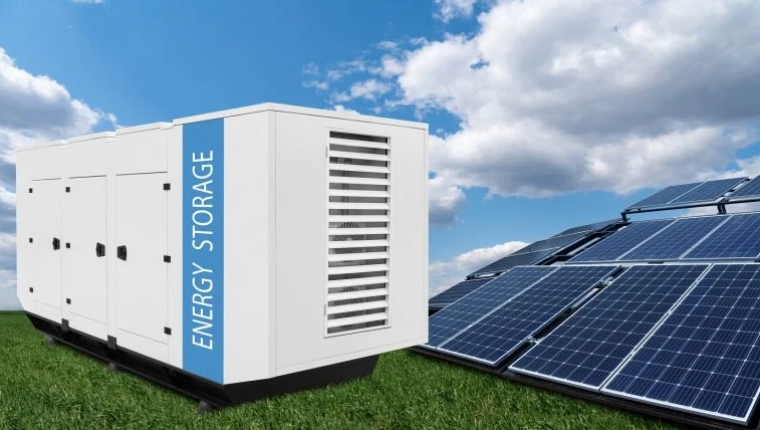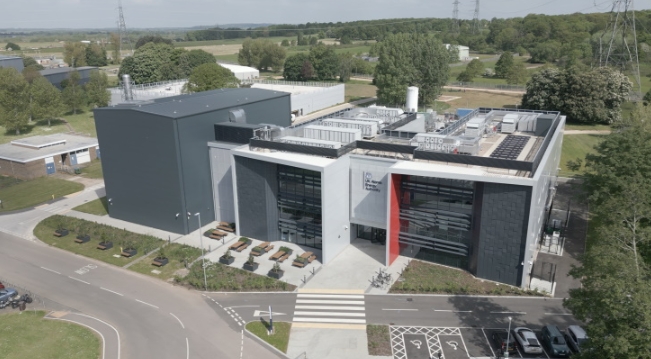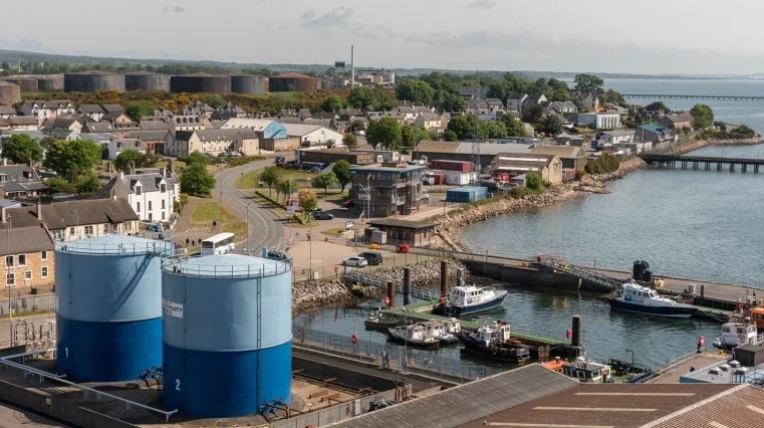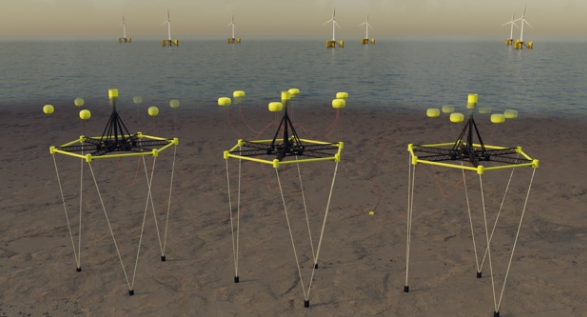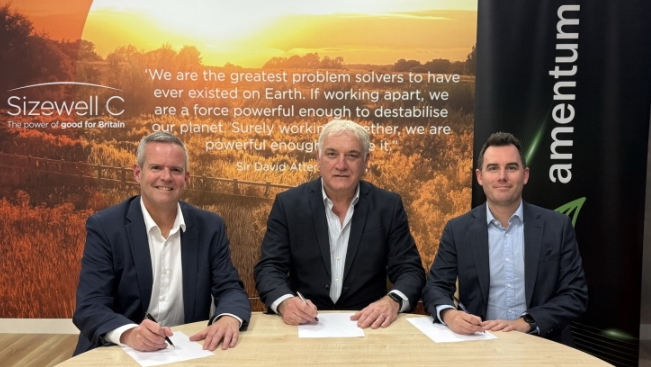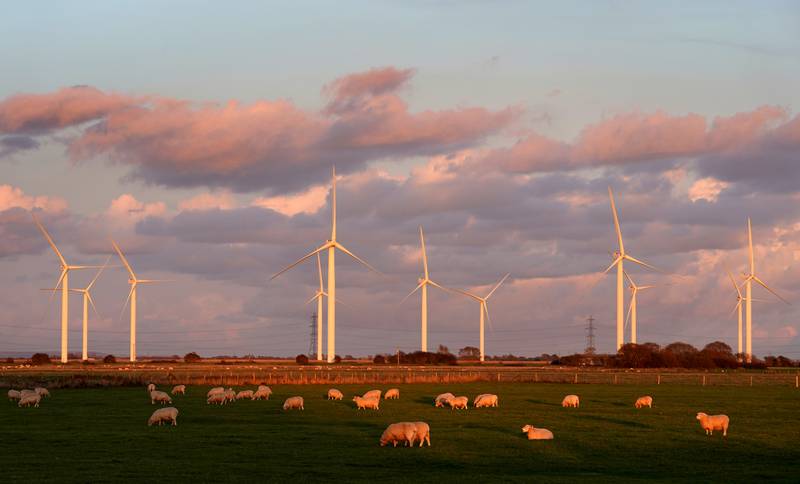 Some UK companies that operate wind and solar farms are already paying back excess profits to consumers. PA
Some UK companies that operate wind and solar farms are already paying back excess profits to consumers. PA
The UK government is considering a cap on revenue made by renewable energy generators and nuclear power plants to ensure they are not cashing in on record-high energy prices.
Prime Minister Liz Truss could announce a cap after saying companies should be able to invest their profits.
A cap on surplus profits in renewables would be similar to a European Union decision to claw back what are considered excess revenue from companies largely unscathed by high gas costs.
“We have been working with low-carbon generators to find a solution that will ensure consumers are not paying significantly more for electricity generated from renewables and nuclear,” Business Secretary Jacob Rees-Mogg said.
The opposition Labour Party said the government was performing a U-turn, but Mr Rees-Mogg denied the proposal amounted to a windfall tax.
The government said it would try to break the link between high gas prices and the amount made by electricity producers, without releasing much detail.
The price of gas determines the cost of electricity, so as gas prices soared over the past year, many of Britain’s wind and solar farms were paid much more than usual for their products, although their prices had not increased by much.
The government said it planned to introduce a “cost-plus revenue limit”.
It did not say whether cheaper gas generators and coal power plants, which also benefited from the current set-up, would be affected by the new rules.
“The precise mechanics of the temporary cost-plus revenue limit will be subject to a consultation to be launched shortly,” the Department for Business, Energy and Industrial Strategy said.
Officials and ministers have been working closely with the industry on the details, and the proposal would come into force at the start of next year.
It would apply in England and Wales. The government in London said it was consulting with the devolved administration in Edinburgh to see if it should extend to Scotland.
The legislation would also allow the rules to apply in Northern Ireland.
“Businesses and consumers across the UK should pay a fair price for energy,” Mr Rees-Mogg said.
With prices spiralling as a result of Russia's invasion of Ukraine, the government was taking swift and decisive action, he said.
Some of the UK’s wind and solar farms are already paying back their excess profits.
Wind farms and other generators built under the Contracts for Different scheme, which was launched more than five years ago, return money to customers when prices are high.
The government and industry have also backed plans for older wind and solar farms to move on to these kinds of contracts.
Weeks ago, the government announced a cap that limits household energy bills to 34p for each unit of electricity and 10.3p for each unit of gas they use.
“Our actions will mean that energy bills for the typical household will be half what they would have been this winter,” said the Chancellor of the Exchequer, Kwasi Kwarteng.
“We are protecting people, holding down inflation and preventing (Russian President Vladimir) Putin’s energy price rise from causing long-term harm to our economy by supporting businesses.”
It is the latest move on renewables by the government amid reports that it was considering clamping down on solar farms built on land that could be used for farming.

